Amazon launches patent pursuit with new job ad
Analyst speculation suggests e-commerce giant is on the hunt for patents to bolster its mobile device strategy.

Amazon.com is planning to hire a slew of intellectual property experts to help it push into patent acquisition and licensing.
Amazon has hired executive recruiting firm Argos Search to help the company hire an intellectual property "Acquisition and Investment Leader" to "identify and evaluate strategic IP acquisition and licensing opportunities," according to a job description obtained this week by Reuters.
The candidate will work closely with all Amazon's technology teams and leaders on future product development, according to the description.
"At Amazon we are rapidly growing in many new and exciting technology areas," the company said in the job posting. "To support and protect our expansion we are seeking an executive to work with our business teams to identify and procure intellectual property."
An Amazon spokeswoman did not respond to an email seeking comment. Thomas Wedewer, an Argos executive recruiter working on the project, declined to comment.
The search suggests Amazon is trying to amass more patents, either through acquisitions of patent-rich companies, purchases of patent portfolios or licensing, according to intellectual property experts.
They are following Apple by delivering digital media to their own hardware.
Get the ITPro daily newsletter
Sign up today and you will receive a free copy of our Future Focus 2025 report - the leading guidance on AI, cybersecurity and other IT challenges as per 700+ senior executives
It is also a sign that the world's largest internet retailer is serious about being a long-term player in mobile devices and digital content, they say.
Amazon is known for developing its own patents, but mostly in the e-commerce area. An expansion into mobile devices and the delivery of digital content to those devices will require a lot of different patents, intellectual property experts say.
"As they get into wireless devices and digital media, they realize the best way to handle this is to get more proactive in IP," said David Pridham of IPNav, which helps companies make money from their patents.
"They are following Apple by delivering digital media to their own hardware devices," he added. "That's the type of technology they want to build an IP fence around."
Buying or licensing intellectual property in these areas will help Amazon protect itself against potential lawsuits alleging it infringes other companies' patents, Pridham said.
"The time for Amazon to go after an IP portfolio is not when they are sued. They want to get the IP ahead of time," he said.
Amazon can also use such patents as a currency for joint ventures and partnerships, according to Vincent Pluvinage, managing partner of Invention Capital Partners.
"Amazon competes with Apple in certain areas and Google in others," Pluvinage said. "It's becoming obvious that building a portfolio is very important both financially and strategically."
Looking outside
Apple accumulated a lot of patents last year when it was part of a group of tech companies that paid $4.5 billion for patent assets from Nortel Networks.
Google agreed to buy Motorola Mobility for $12.5 billion last year, partly to use Motorola's patents to fend off legal attacks on its Android mobile platform.
Technology giants are now lining up to bid on a portfolio of patents being sold by Eastman Kodak.
Amazon has already hired three patent experts this year.
Kelly Jo MacArthur, a former general counsel of RealNetworks, became vice president IP Acquisitions and Investments at Amazon in January, according to her LinkedIn profile.
Bill Way, who was also general counsel at RealNetworks, joined Amazon in April, according to his LinkedIn profile.
RealNetworks, known for its RealPlayer online media software, also owns Helix, a technology for delivering digital music and video to PCs, mobile phones and other devices.
Matt Gordon became a general manager of Patent Acquisitions and Investments at Amazon in May, according to LinkedIn. Gordon came from Intellectual Ventures, one of the largest owners of patents run by former Microsoft Corp executive Nathan Myhrvold.
"Buying patents takes a unique skill set. Hiring someone like Matt is a very positive move," said Grant Moss, chief executive of patent broker Adapt IP Ventures.
Moss said he speaks frequently with Gordon, who declined to comment.
"These hires show that the decision-makers at Amazon are thinking about patent acquisitions now," Moss added. "Amazon has filed quite a few of its own patents, but at some point you have to look outside for other people's patents."
Amazon licensed patents from Acacia Research Corp around the end of 2011, according to Acacia Chief Executive Paul Ryan.
The patents cover technology that includes functionality for tablet computers and smartphones, Ryan said.
Acacia obtained the rights to license the patents from a Japanese company called Access Co, which owns PalmSource. PalmSource developed the Palm operating system that ran on the Treo and other early mobile devices.
"This is related to their foray into tablets," Ryan said. "Initially they were a pretty straightforward online retailer, but they are now getting into more sophisticated areas and need more IP for that."
After the Kindle Fire tablet came out in September 2011, Acacia's licensing executives contacted Amazon about the patents, according to Ryan.
"Amazon was very responsive," Ryan said. "They are pretty sophisticated around emerging IP impacting new initiatives they have."
ITPro is a global business technology website providing the latest news, analysis, and business insight for IT decision-makers. Whether it's cyber security, cloud computing, IT infrastructure, or business strategy, we aim to equip leaders with the data they need to make informed IT investments.
For regular updates delivered to your inbox and social feeds, be sure to sign up to our daily newsletter and follow on us LinkedIn and Twitter.
-
 Enterprises face delicate balancing act with data center sustainability goals
Enterprises face delicate balancing act with data center sustainability goalsNews High energy consumption, raw material requirements, and physical space constraints are holding back data center sustainability efforts, according to new research from Seagate.
By Emma Woollacott
-
 Cleo attack victim list grows as Hertz confirms customer data stolen
Cleo attack victim list grows as Hertz confirms customer data stolenNews Hertz has confirmed it suffered a data breach as a result of the Cleo zero-day vulnerability in late 2024, with the car rental giant warning that customer data was stolen.
By Ross Kelly
-
 ‘If you want to look like a flesh-bound chatbot, then by all means use an AI teleprompter’: Amazon banned candidates from using AI tools during interviews – here’s why you should never use them to secure a job
‘If you want to look like a flesh-bound chatbot, then by all means use an AI teleprompter’: Amazon banned candidates from using AI tools during interviews – here’s why you should never use them to secure a jobNews Amazon has banned the use of AI tools during the interview process – and it’s not the only major firm cracking down on the trend.
By George Fitzmaurice
-
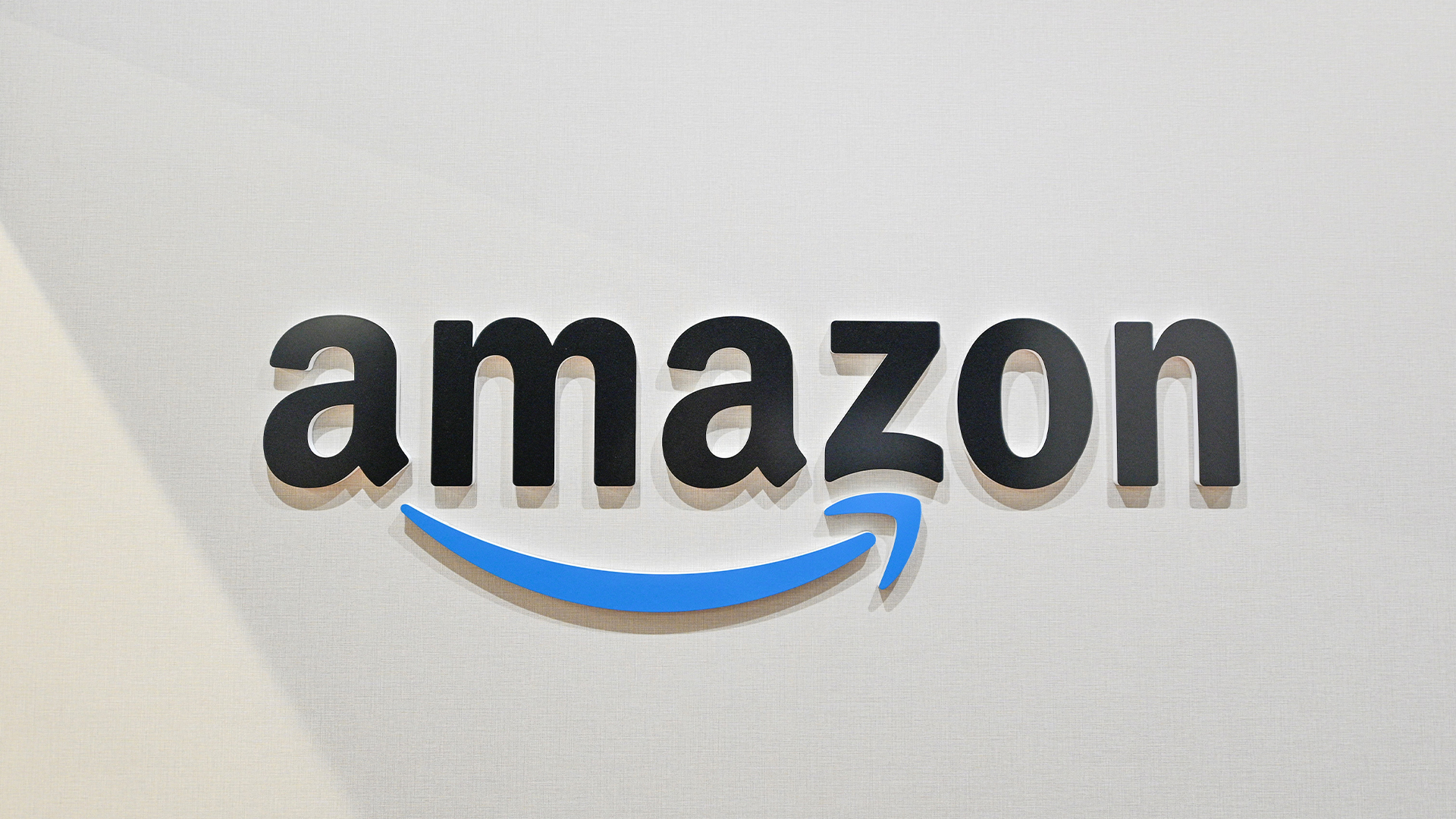 Amazon's RTO mandate could spark a talent exodus
Amazon's RTO mandate could spark a talent exodusNews A survey of Amazon staff suggests plenty remain unhappy about returning to the office next year
By Nicole Kobie
-
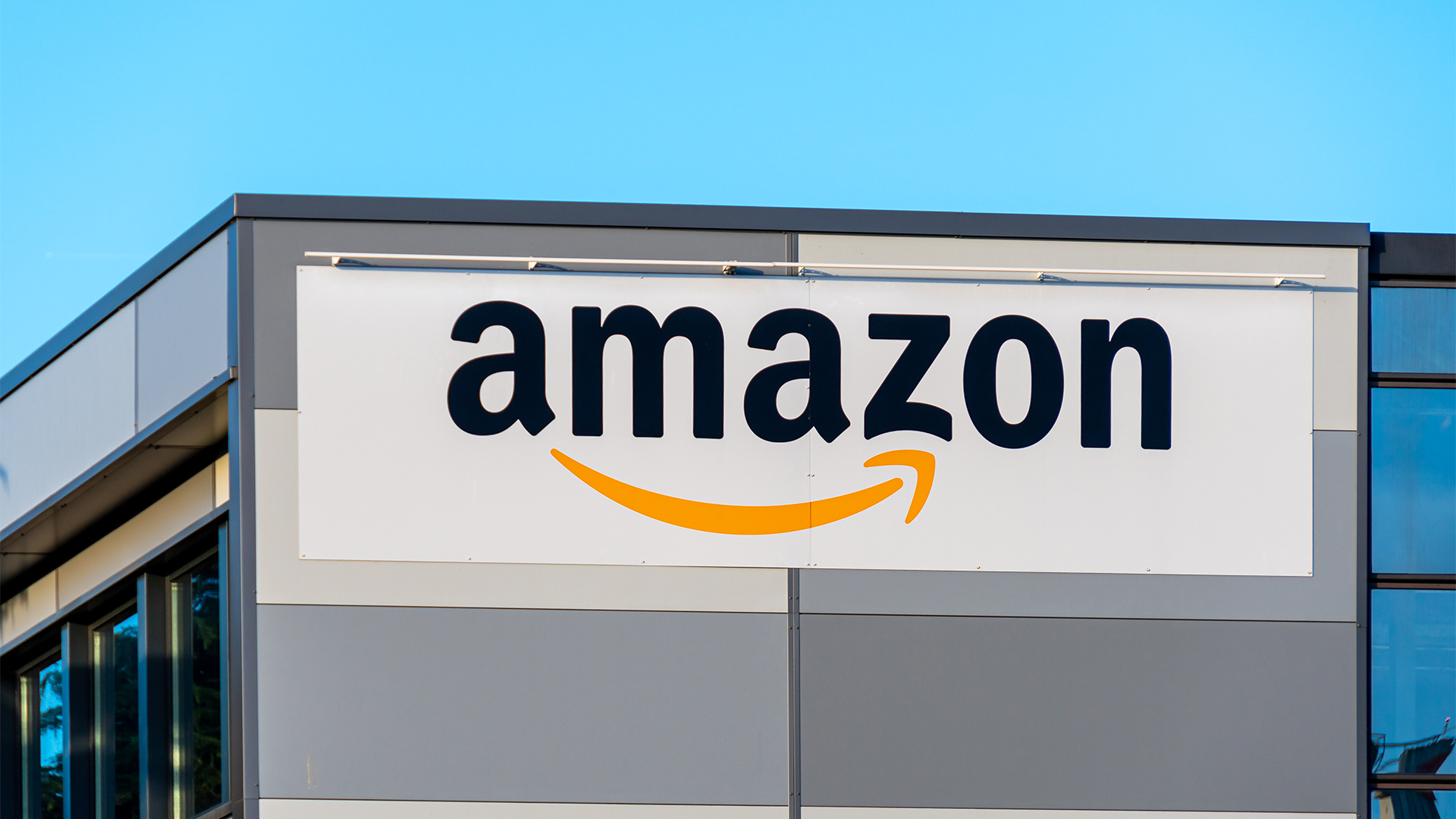 Amazon's RTO mandate just hit a major roadblock – it doesn’t have enough office space
Amazon's RTO mandate just hit a major roadblock – it doesn’t have enough office spaceNews The company has told staff in several locations that it won't have room for them all in time
By Emma Woollacott
-
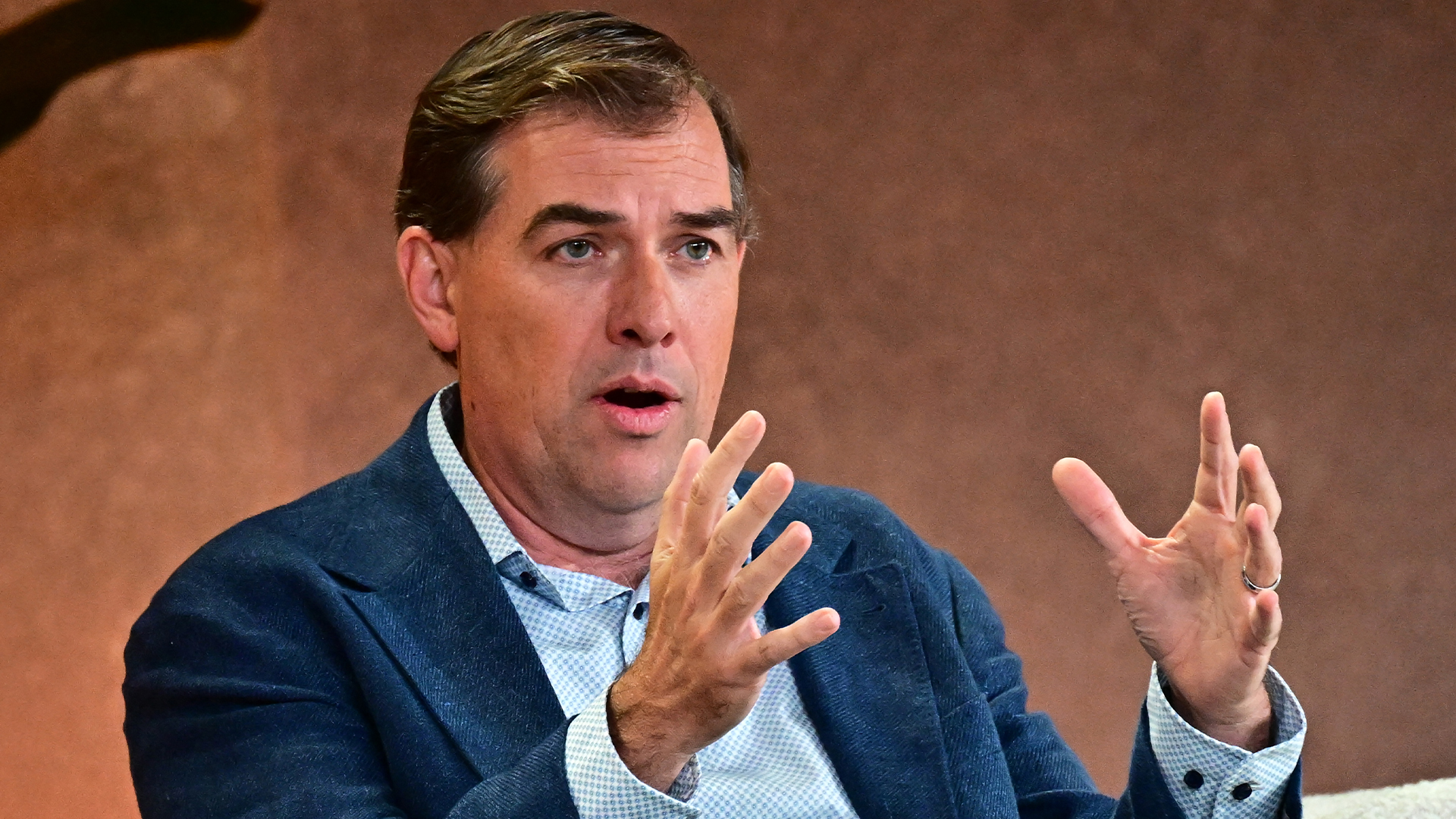 “There are other companies around”: AWS CEO Matt Garman says employees pushing back on RTO mandates should quit
“There are other companies around”: AWS CEO Matt Garman says employees pushing back on RTO mandates should quitNews AWS CEO Matt Garman says employees pushing back on RTO mandates should quit
By Nicole Kobie
-
 Business execs just said the quiet part out loud on RTO mandates — A quarter admit forcing staff back into the office was meant to make them quit
Business execs just said the quiet part out loud on RTO mandates — A quarter admit forcing staff back into the office was meant to make them quitNews Companies know staff don't want to go back to the office, and that may be part of their plan with RTO mandates
By Nicole Kobie
-
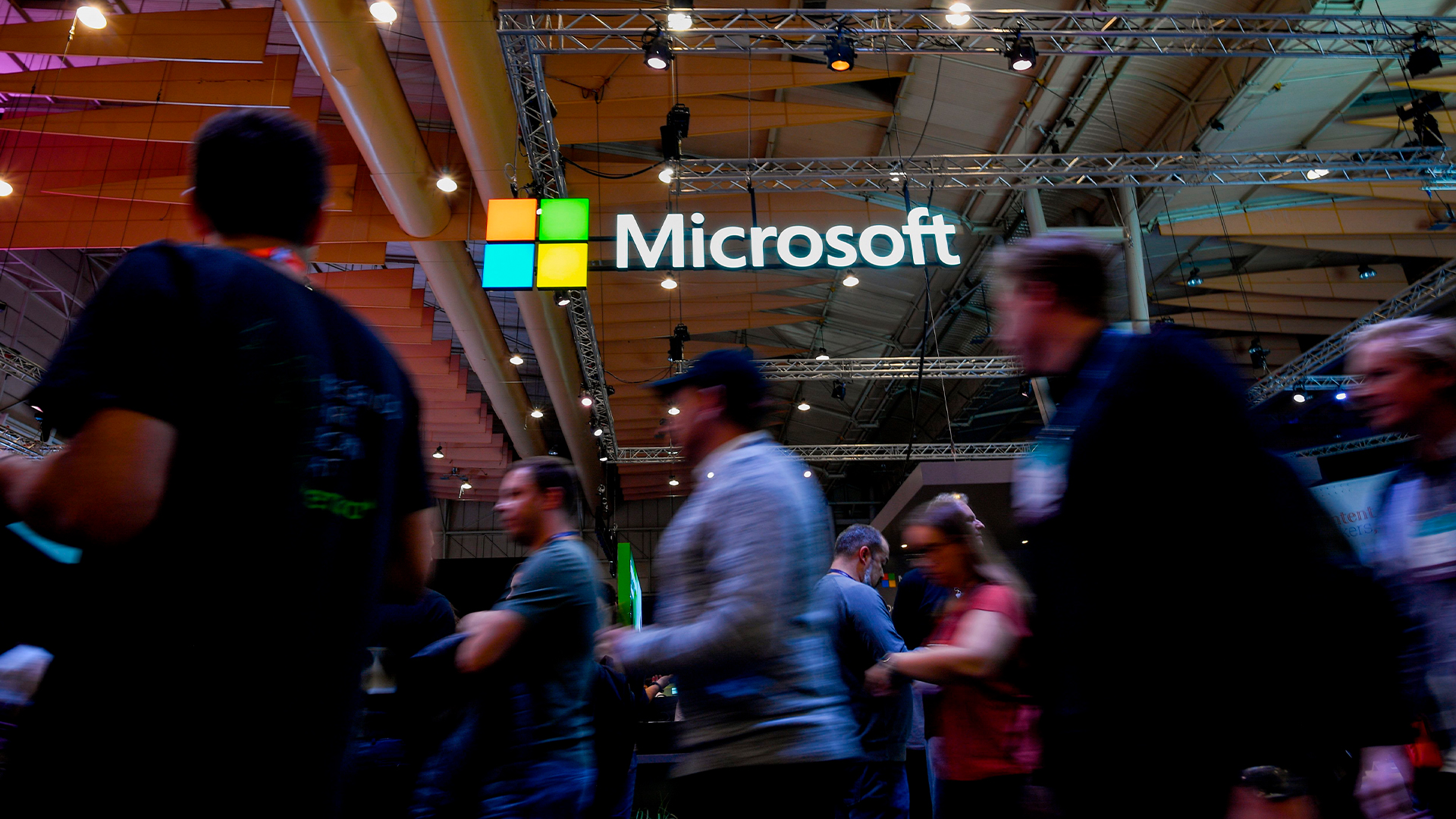 Microsoft tells staff it won’t follow Amazon or Dell on enforcing a return to the office – but there’s a catch
Microsoft tells staff it won’t follow Amazon or Dell on enforcing a return to the office – but there’s a catchNews While other big tech companies are forcing reluctant workforces back into the office, Microsoft isn’t following suit
By George Fitzmaurice
-
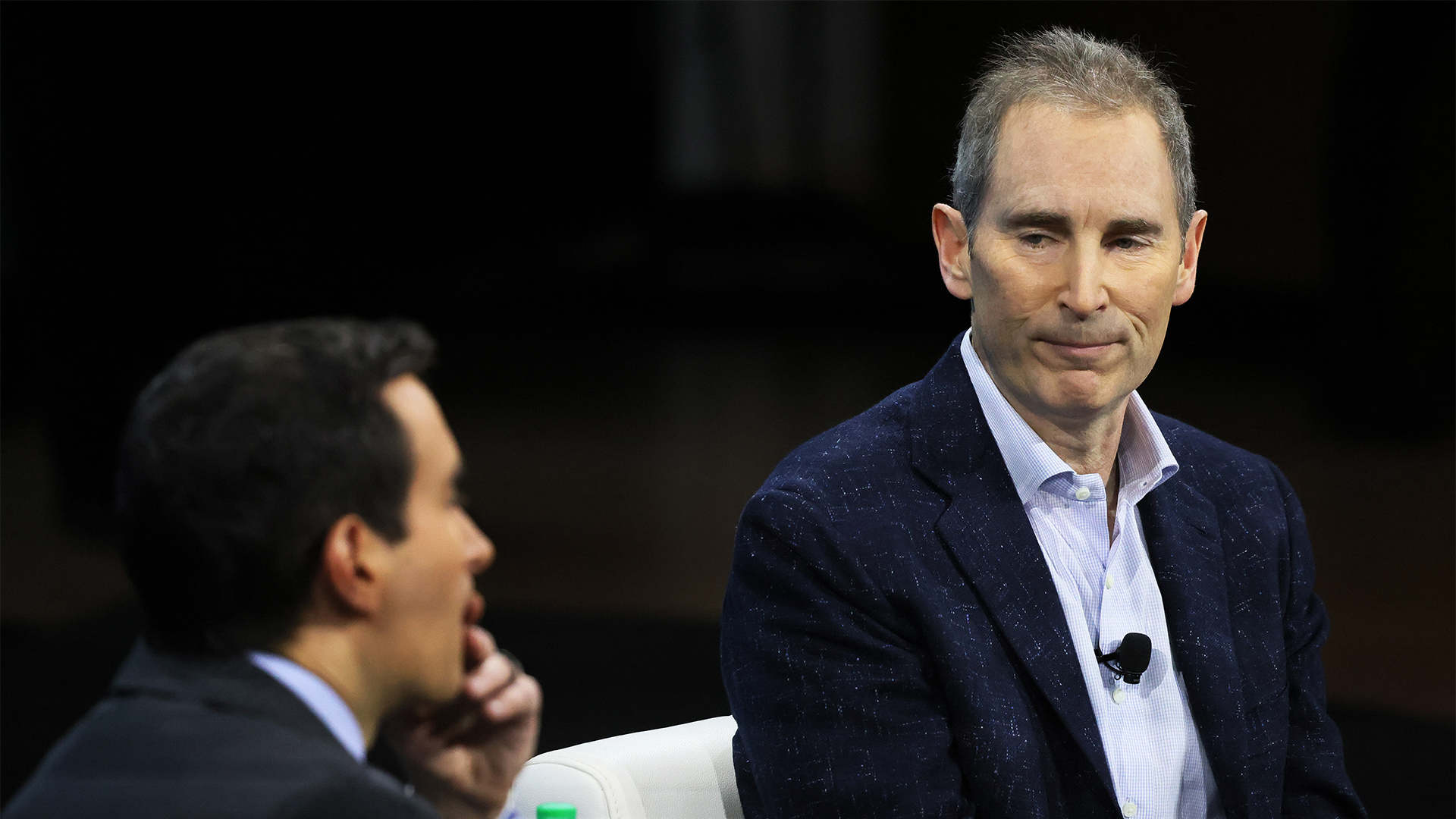 Amazon workers aren’t happy with the company’s controversial RTO scheme – and they’re making their voices heard
Amazon workers aren’t happy with the company’s controversial RTO scheme – and they’re making their voices heardNews An internal staff survey at Amazon shows many workers are unhappy about the prospect of a full return to the office
By Ross Kelly
-
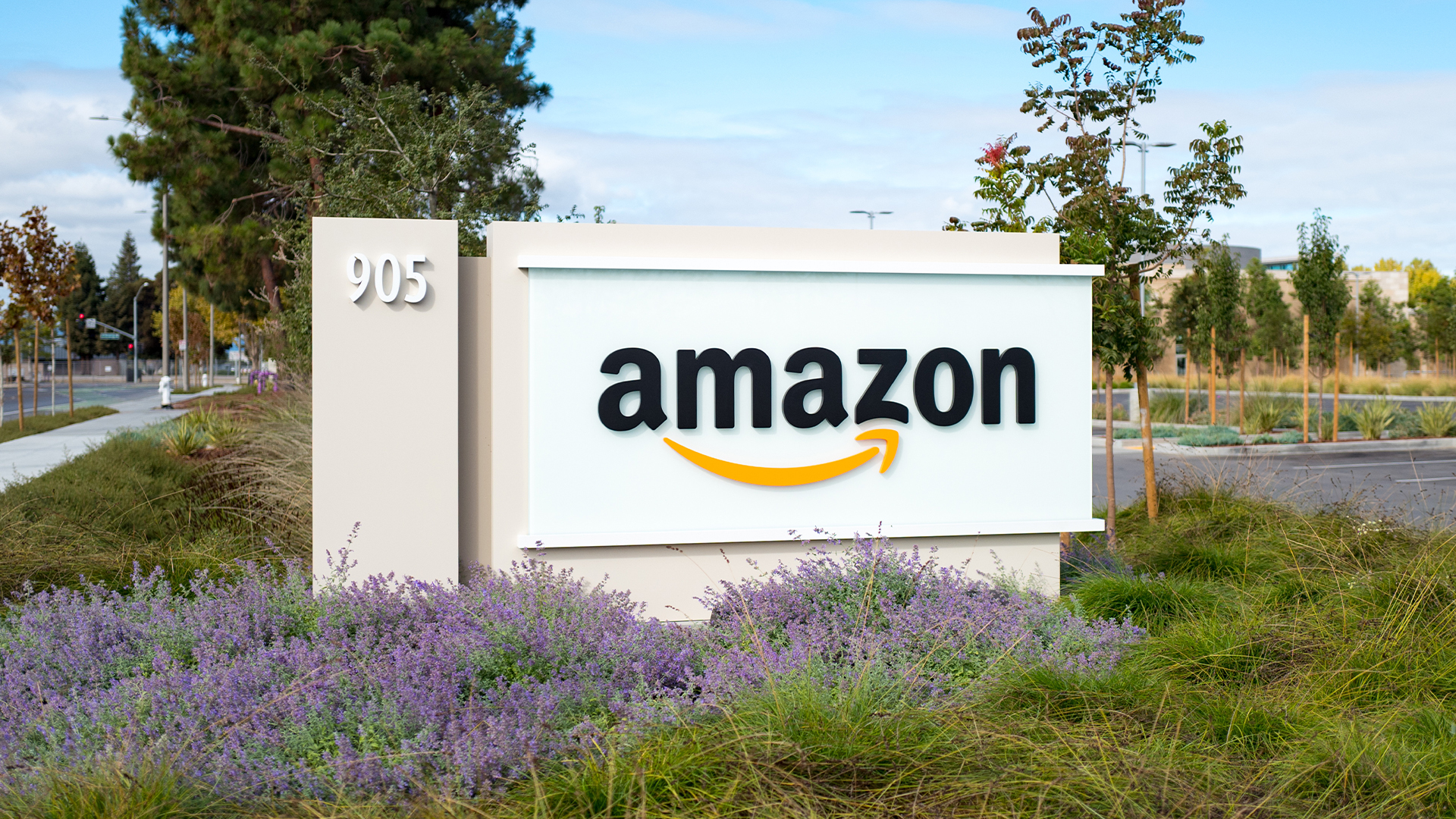 Amazon set a goal to reach 100% renewable energy by 2030 – it reached it seven years early
Amazon set a goal to reach 100% renewable energy by 2030 – it reached it seven years earlyNews The tech giant has rapidly accelerated renewable energy investment in recent years
By Ross Kelly
